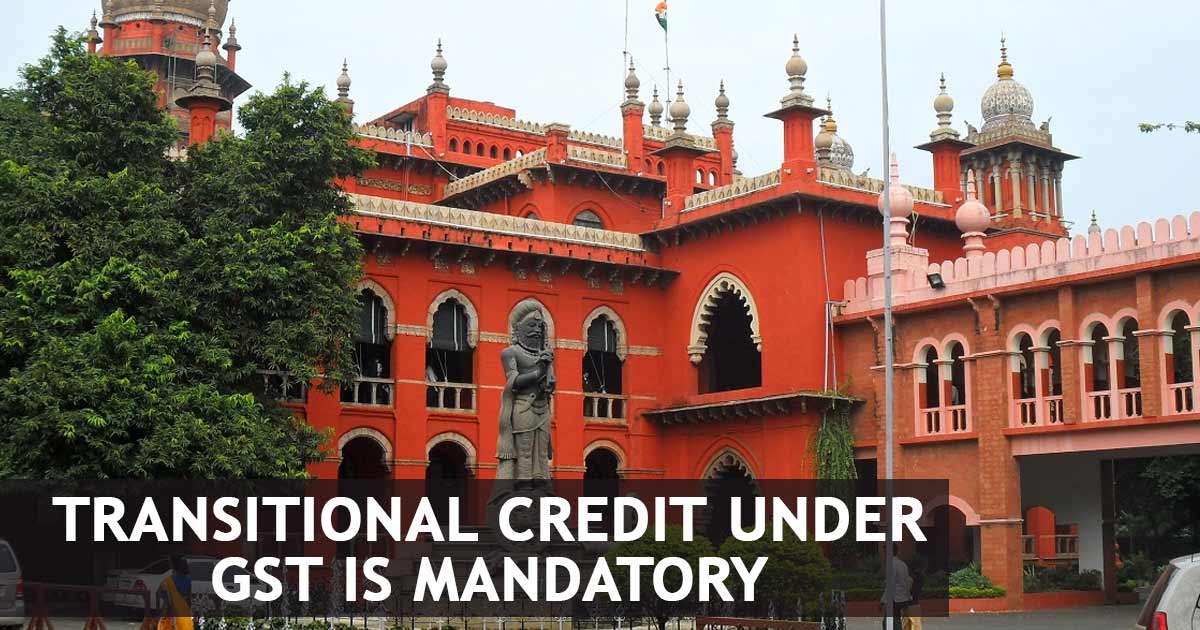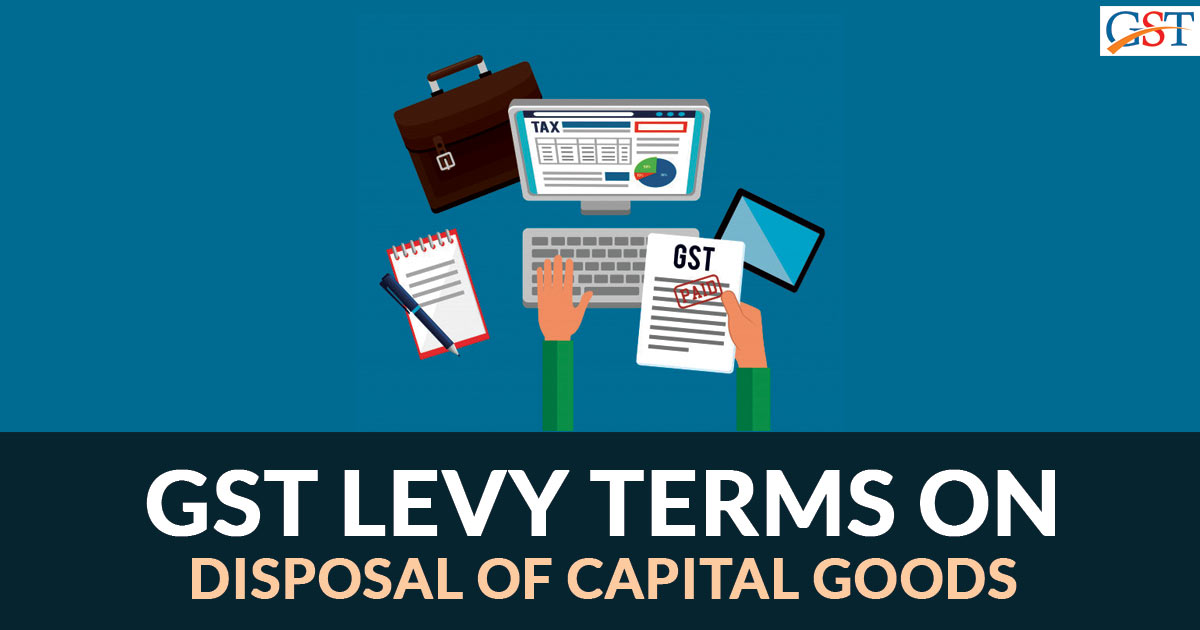
The High Court of Madras has held that the time limit under GST Transactional Credit is not a directory but mandatory. This ruling is the opposite of that issued by Bombay HC, which the Supreme Court has ut under stay.
Transactional credit is the credit collected from central excise and service tax (the older indirect tax regime) till June 30, 2017, the last day of the tax regime. After the end of the regime, a new provision was made to deal and transfer the credit from the older indirect taxes like Value-Added Tax (VAT), excise duty and service tax to the newer regime of GST. But, some conditions were set to deal with the transfer. The credit will be available for the returns file in the previous 6 months starting January 2017 ending June 2017 and by December 27, 2017, Form TRAI I (form to be filed by the assessees registered under GST, whether registered under the older regime or not) should be filed to carry forward the input tax credit (ITC).
After numerous changes, the government had extended the last date for submission of the declaration, electronically, till March 31, 2020. Numerous assessees who were denied the credit, as they could not file the declaration by the due date, sought the ruling of various high courts. PR Mani Electronics, a petitioner who is a retail trader of mobile phones, electrical and electronic items, informed that he was entitled to receive a total transitional credit on approx Rs. 4 lakhs but was denied as he could not file the declaration till the last date. He further clarified that he had submitted a hardcopy to the department for the same which was also acknowledged by the officials but still he was denied any credit and no response was received by him in this matter.
The Court made a reference of Section 16(4) of the CGST Act 
Court said that the Input Tax Credit (ITC) 